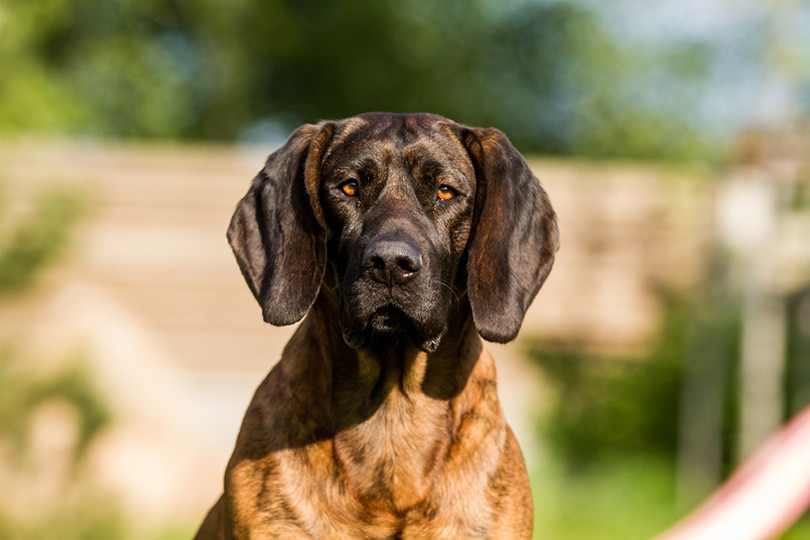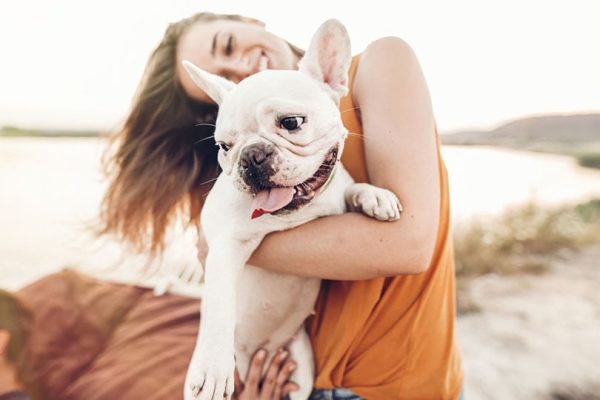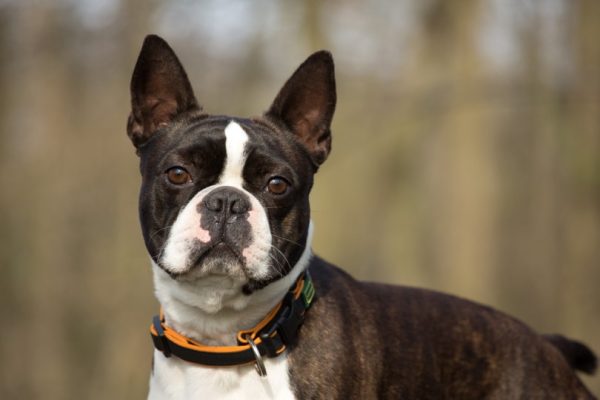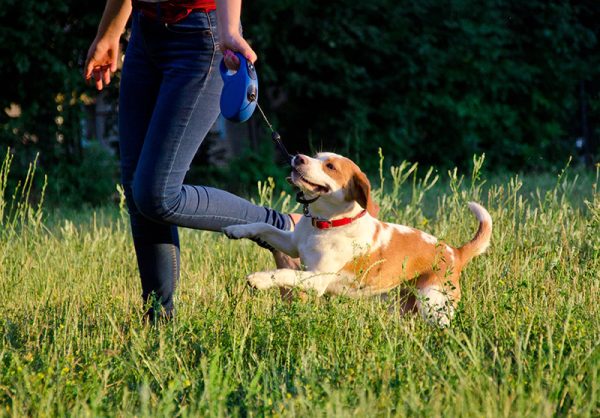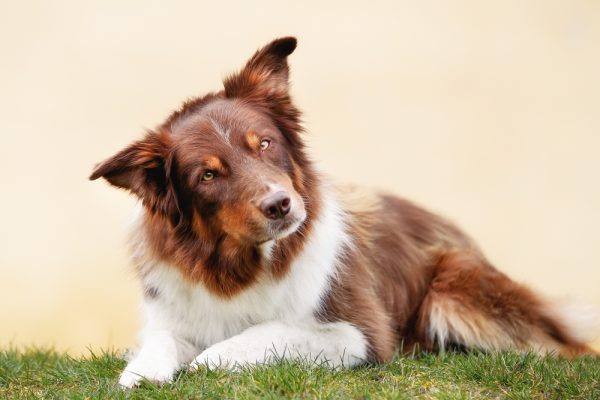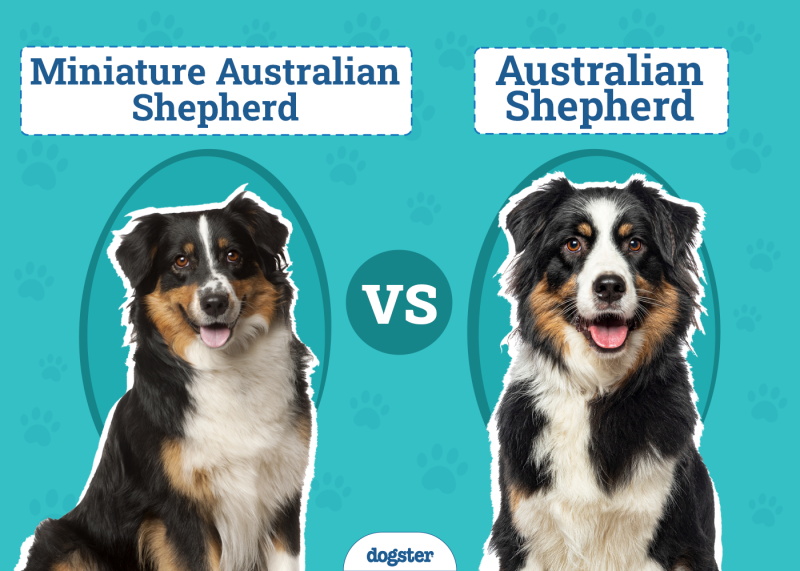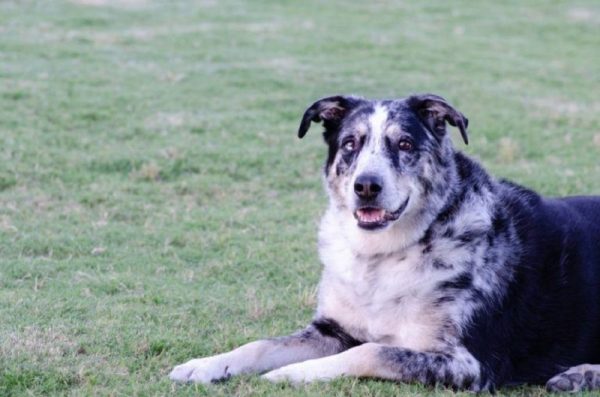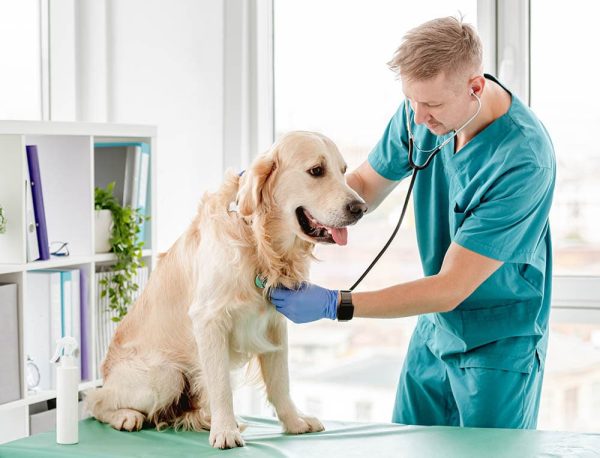In this article
View 8 More +Hanover Hounds are an extremely rare dog breed used almost exclusively for hunting. Companion Hanover Hounds are few and far between, too.
Breed Overview
Height:
19 – 22 inches
Weight:
80 – 100 pounds
Lifespan:
10 – 14 years
Colors:
Light and dark fawn, red, sometimes with a mask
Suitable for:
Families and hunters
Temperament:
Cautious but loyal and hardworking
This dog has been bred over the years specifically for following blood scents to wounded prey, which makes them a great dog for hunters who want help finding their deer or elk. They also make great police dogs. Their floppy ears and bright brown eyes help make them lovable and adorable pets, too. Once your Hanover Hound has had a full day of work, he’s ready to relax when he gets home.
Hanover Hound Characteristics

Hanover Hound Puppies
This dog breed must be used for some sort of work on a farm or work with its owner. Its innate abilities to hunt and desire to complete tasks make it almost cruel for this dog to be used only as a lap dog. Don’t buy a Hanover Hound puppy if you don’t have the space or time to exercise it daily.
You will also want to invest time in training a puppy and socializing it early on, so it knows how to act around people it doesn’t know.

Temperament & Intelligence of the Hanover Hound
Hanover Hounds are extremely intelligent and have an uncanny ability to focus on one task, which is usually following a scent trail. This should largely be the only reason you own this type of dog. They are born with an innate knowledge of what they need to do to follow a scent trail, so much so that you almost don’t have to train them in this. However, they do benefit from and enjoy the mental and physical exercises of extra training.
Owning a hound dog as purely bred as this one has its downsides, though. Typically, Hanover Hounds are leery of strangers and do not warm up easily to people they don’t know. They can also be so single-minded that they are stubborn and will not listen to commands easily when they have set their mind to a different task. This sometimes makes Hanover Hounds difficult to deal with as a pet owner. However, if you understand this dog’s need for activity and sensitivity, you will get along just fine.
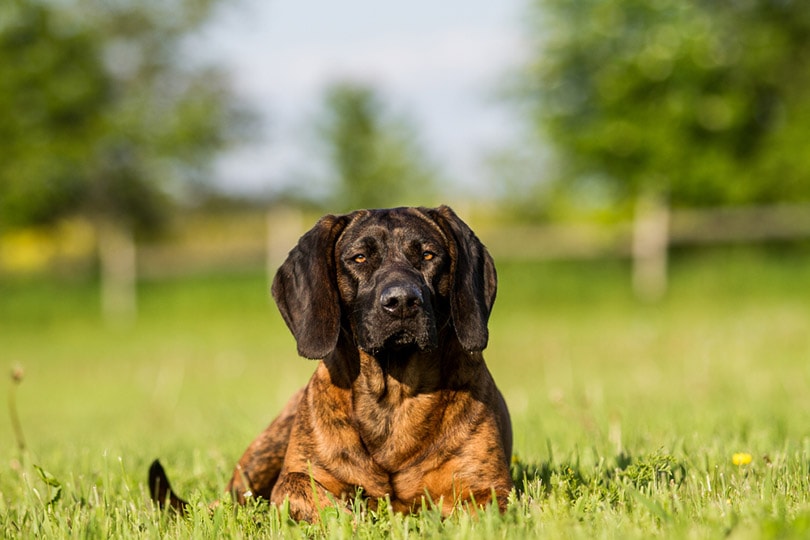
Are These Dogs Good for Families? 👪
Once they have put in a long day of work, Hanover Hounds love to relax and show affection to the family they love. If there’s no work for this dog to do, however, Hanover Hounds will come across as too energetic and may not be the best pet. Though you should watch kids around dogs anyway, it’s especially important to do so when you have a Hanover Hound. These dogs can get so excited that they may become unaware of small children around them, accidentally harming them or knocking them over.
In short, if the family is very active, lives on a farm, and/or uses the dog to hunt often, it could be a good fit. Otherwise, this dog may get destructive out of boredom.
Does This Breed Get Along with Other Pets? 🐶 😽
While these dogs are not commonly aggressive with other dogs, it’s important to watch them around other small animals, as they could become unpredictable. Their hunting skills only increase the level of danger they could pose to smaller critters.

Things to Know When Owning a Hanover Hound:
Food & Diet Requirements 🦴
Like all dogs, Hanover Hounds need to eat quality dog food that will keep them healthy. These dogs can eat between 4 to 6 cups of dog food per day. When this amount of food is split into two different meals (morning and night), this keeps your Hanover Hound from getting bloated. Since this hound is prone to obesity, make sure you are not giving him too many treats in a day. If you keep your Hanover Hound extremely busy, you may need to increase the amount of food you feed him or switch to a more calorie-dense food. Always provide fresh and clean water for your dog to drink, too.
Exercise 🐕
Don’t even think about leaving this dog alone in an apartment all day. Hanover Hounds need 1.5 to 2 hours of exercise a day, which is a lot! It’s not enough to let him run around in your backyard, either. A Hanover Hound will quickly get bored of a small, enclosed space, and could wreak havoc on your yard or fencing if left alone for too long. Giving your hound lots of scent trail activities will keep him entertained and happy for the long haul.
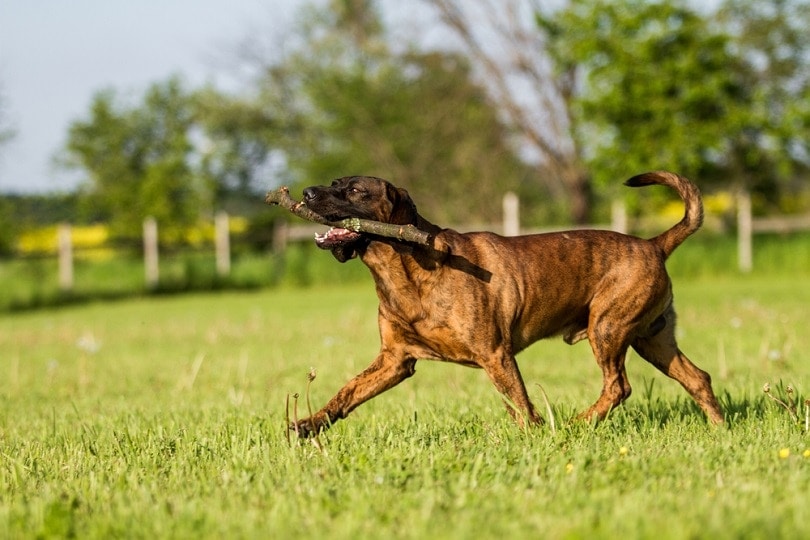
Training 🎾
When it comes to following a scent trail, Hanover Hounds need little training, if any training at all. When you are training this kind of dog with other commands, though, it should go smoothly as long as you use positive reinforcement as well as firm and clear instructions. It’s also important that training is consistent and encouraging.
This dog will also need plenty of socialization early on and throughout its life. If left to its own devices, a Hanover Hound will be extremely leery of strangers and not as friendly towards unfamiliar faces. Socialization training can lessen or eliminate this natural trait.
Grooming ✂️
As a short-haired dog breed, a Hanover Hound’s coat does not need excessive washing. All that needs to be done is a run-through with a brush once a week. This will keep their coat shiny and clean. Clip their toenails when needed.
A Hanover Hound’s ears will need special attention. Every week, you should clean up any waxy buildup outside of the ear canal. Also, every time your hound’s ears get wet, try them completely with a towel. All moisture should be removed to avoid getting ear infections.
Health and Conditions 🏥
The Hanover Hound is classified as a working dog, and this means that the dog is generally hearty and stays healthy throughout its life. However, there are some conditions that Hanover Hounds are prone to.
- Ear infections
- Entropion
- Ectropion
- Hip Dysplasia
- Cancer

3 Little-Known Facts About the Hanover Hound
1. They Are a Rare Dog Breed, Even In Their Homeland
Hanover Hounds hail from Germany. Even in their home country, they are rare, and not many people own them.
2. They Descend from an Ancient Hunting Dog
In Germany, there was once an ancient hunting dog called the Liam Hound, which was used for hunting and tracking purposes. Today, experts believe that the Hanover Hound is a direct descendent of the Liam Hound.
3. Their Skin is Not as Loose as Other Hound Dogs
The “hound dog look” is a quintessential one, with a droopy face and long floppy ears. Sometimes the skin on the body is loose and wrinkly too. Hanover Hounds do not possess this trait to the same extent, though. They have a little loose skin on the face, with much of the rest of their skin more taut around their strong bodies.

Final Thoughts
Hanover Hounds are a beautiful dog breed with lots of positive characteristics. Not only are they charming with their physical features, but they impress with their ability to focus and work with whatever they are charged to do. This rare breed is expensive to own, though, and they need quite a lot of exercise to maintain their good behavior and health.
If you are into hunting hoofed animals or need a K9 for police work or rescue work, a Hanover Hound will more than get the job done for you. Once the day’s work is done, he will be happy to give you doggy kisses and snuggles for the rest of the day.
Featured Image Credit: Aneta Jungerova, Shutterstock
